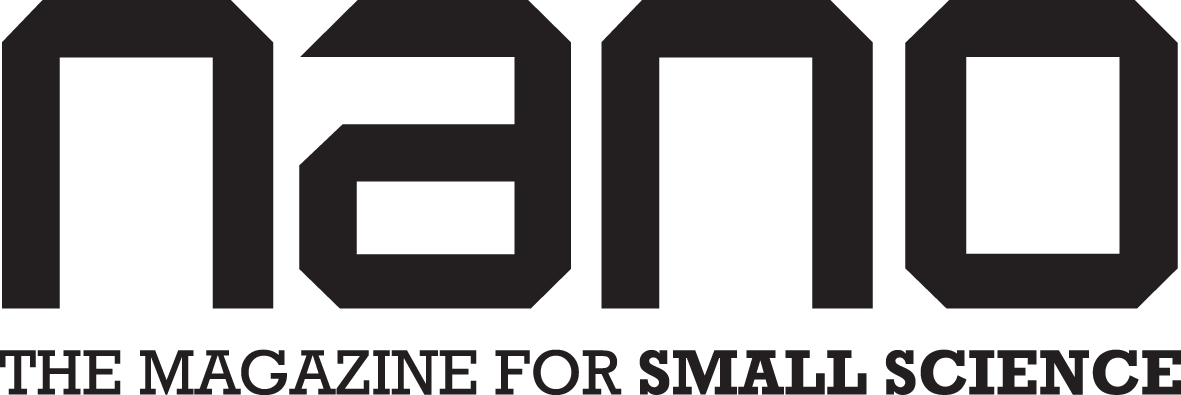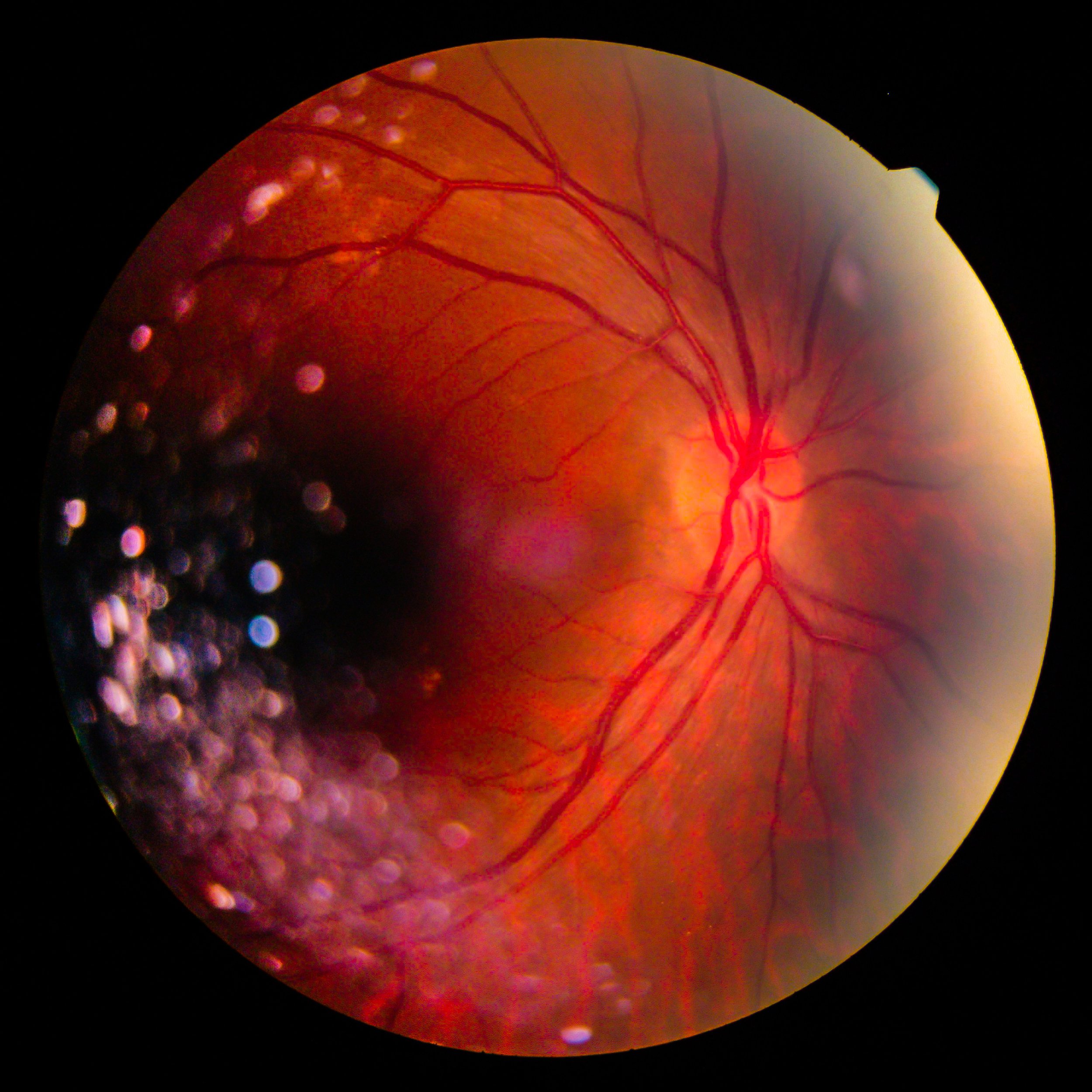Unraveling Nanotechnology's Promising Role in Inflammatory Bowel Disease Management

Inflammatory bowel disease (IBD) refers to a category of conditions that persistently impact your digestive tract, resulting in inflammation and irritation within your intestines. Disorders like ulcerative colitis and Crohn's disease are prominent members of this unwelcome family.
Severe symptoms such as abdominal discomfort are common, with a third of IBD patients also experiencing secondary issues like arthritis. Although its prevalence appears to be stabilizing in Europe and America, IBD continues to challenge the medical world.
Nanotech: The Future of IBD Treatment
Amid these challenges, a silver lining emerges in the form of nanotechnology, offering the promise of a major paradigm shift. Through advanced biosensors and contrast-imaging substances, nanotech is poised to reinvent both IBD diagnosis and treatment. Traditional methods of delivering medication, like taking a pill, distribute the drug throughout the body—not only the inflamed gut. This can result in potential side effects due to the unnecessary exposure of the entire body to the medication.
However, nanomedicine, a subfield of nanotechnology, offers a more targeted approach. Scientists have devised nanoparticles that can recognize inflamed cells, stick to them, and release the medication right where it's needed. It's akin to a drone delivering a package directly to your friend's house. The particles used for this purpose are diverse, ranging from lipids and polymers to those derived from plants. The common thread binding them is their ability to carry drugs and adhere to inflamed cells in the gut.
A recent breakthrough from Chinese scientists highlights the potential of Au25 nanoparticles. These tiny gold particles counteract harmful molecules often found in excess in IBD patients, hinting at a promising avenue for treatment. The precision of nanoparticle delivery improves the efficacy of treatment and reduces side effects.
According to Research and Markets, this potential has pushed the estimated global market for IBD treatments to a projected value of $27.0 billion by 2030 with a steady growth rate of 3.6% per year starting from 2023.
The report said, “Regulatory authorities are encouraging manufacturers to develop novel therapeutic approaches for rare and life-threatening diseases.”
Challenges on the Horizon
Nevertheless, the road to integrating nanoparticles into IBD treatment is not without its bumps. The clinical application of nanoparticles remains in its infancy, and issues such as complex formulation and the need for extensive human cell testing for toxicity and side effects present hurdles. There are also concerns about the reliability and acceptance of nanotechnology, with problems like non-specific binding posing issues.
Despite these challenges, the promise of nanomedicine in IBD treatment is drawing the attention of investors. A prime example is Evox Therapeutics a pioneer in harnessing the power of exosomes to craft treatments for an array of diseases. The company has built a collection of legal rights for its technology that uses EV (extracellular vesicles) to deliver proteins and genetic material.
A spokesperson for Evox said, “Evox’s mission is to build a platform-driven technology company to spearhead the development of exosome therapeutics for the treatment of serious, life-threatening rare diseases where there are currently limited treatment options for patients and their families.”
Conclusion
As research and understanding continue to evolve, nanotechnology is expected to bring forth a new era of IBD treatment. Innovative techniques such as surface-enhanced Raman spectroscopy and nanoparticle-enabled sensors could lead to faster, cost-effective, and precise IBD detection. By enabling targeted treatment and reducing systemic toxicity, nanotechnology could be the dawn of a revolution in managing not just IBD but a host of other diseases too.





